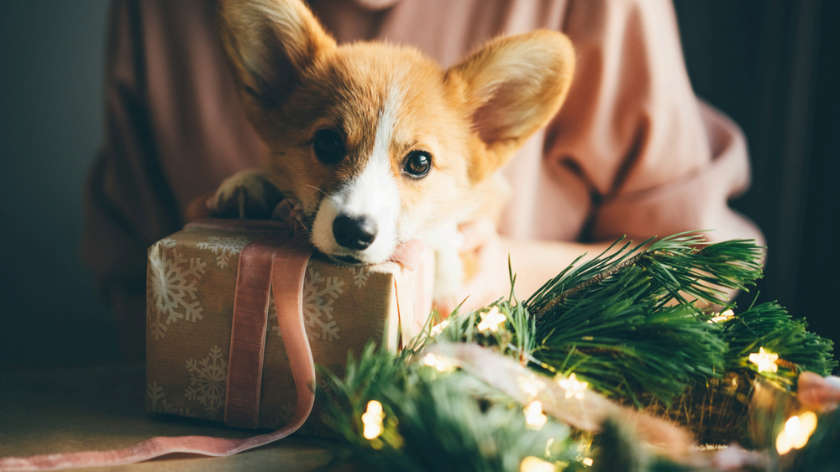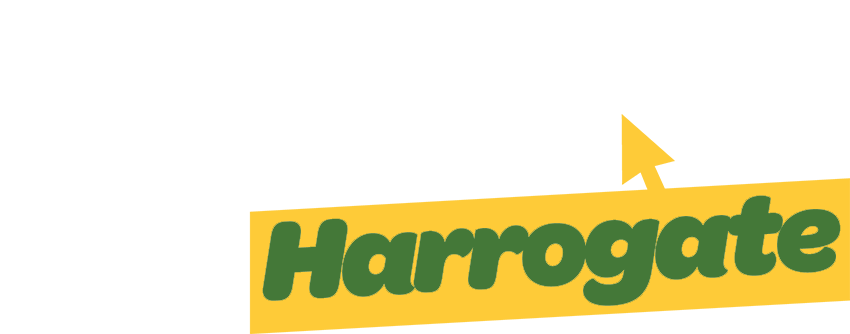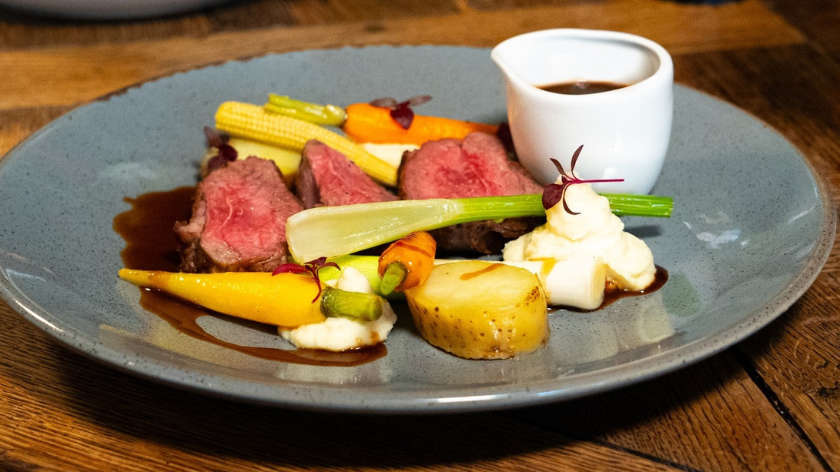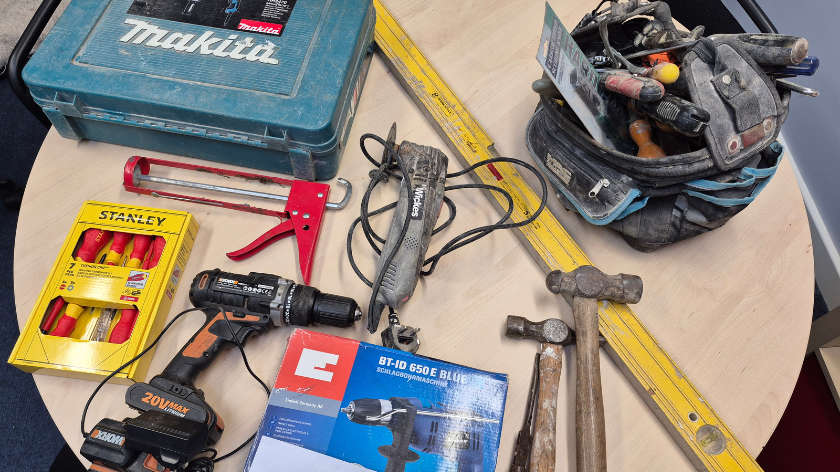
Top Tips for a Happy Christmas.
As much as we all love Christmas, it can be quite a stressful time for pets, with changes of routine, lots more going on and visitors in the house. There are also lots of potential risks and hazards around at the home at this time of year.
Here are our top tips to make sure you keep your four-legged friend safe this Christmas season so your dog or cat can enjoy the festivities too!
Treating them with leftovers
Providing your dog is healthy and does not have any food allergies, it is safe to feed small amounts of Christmas foods.
However any new food should only be given in small amounts and ideally introduced gradually so as to not cause any tummy upsets.
Treating them with leftovers:
- turkey meat (no skin or bones)
- salmon (fillets or cooked in spring water, not smoked salmon)
- beef or lamb meat (no bones).
- vegetables such as sprouts, parsnips, carrots, peas
- mash potato (best without added butter or milk)
- sweet potato
Keep decorations out of reach
Decorations such as baubles and tinsel can cause dangerous stomach or intestinal blockages if swallowed.
Hang Christmas tree decorations up high to prevent mischievous paws or long whip-like tails from knocking them off.
Remember to never hang chocolate decorations as chocolate is poisonous to dogs.
Baubles are often fascinating to cats, but glass baubles can shatter easily, creating sharp shards of glass which can be harmful to children and animals.
Don’t leave presents under the tree
Christmas presents lying under the tree can be too tempting for our pets – especially if the gift is edible! It’s best to keep wrapped gifts out of reach so they can’t be destroyed or eaten.
Wrapping paper and ribbon can also cause obstructions in your pet’s intestines if ingested.
Keep fairy light cables tidy
The wires on fairy lights can be tempting for your dog or cat to chew.
Keep any cables out of your pet’s reach to avoid electrocution and remember to switch them off at the mains when they’re not in use as they are a fire hazard.
Always supervise your pet
Whether you have a real or artificial tree, it’s always best to supervise your pet around the Christmas tree.
You can spot signs of mischief before they get themselves into trouble.
Dogs have a habit of knocking trees over and cats love to climb them so it may be a good idea to keep your dog or cat out of the room completely while you’re out.
Supervise your cat or remove their collar indoors so they don’t get their collar caught on a branch, or become entangled in a string of fairy lights.
Provide them with a safe place
Christmas often means big family gatherings and lots of house guests, often involving your dog being taken to an unfamiliar house or other pets entering their home.
Remember that your pet may find this stressful.
It is best to prepare for visitors before they arrive, by providing a safe space for your pet to retreat.
This could be a quiet room, crate or den, where they can be left undisturbed and they can eat their meals in peace.
If you are expecting children to visit and your dog is not used to their company, make sure you keep them safe and supervised at all times.
Stick to a routine
Sticking to your pets normal routine of walks and meal times can help minimise stress.
This also allows your dog plenty of time to rest as all of the stimulation can be tiring and overwhelming.
Don’t dress them up
While dressing your pet up might be fun for you for a cute photo opportunity, remember that some pets will also find this stressful or may panic when fancy dress is put on them.
Avoid dressing them up if they are stressed by it.
Toxic and Hazardous Foods
Don’t be tempted to give your pet leftovers without knowing exactly what has gone into it as they many contain harmful foods such as onions.
If you think your pet may have ingested something poisonous, call us immediately on 01423 228080.
The sooner we know about what your pet has ingested, the sooner we can induce vomiting and treat appropriately.
Here are the most common toxins at Christmas:
- Chocolate contains theobromine, a chemical that can be fatal to dogs and cats.
The darker the chocolate, the higher the risk.
Common products: dark chocolate, milk chocolate, cakes and cocoa powder.
If you think your pet has ingested chocolate here is a helpful calculator to check the toxic dose How Much Chocolate Can A Dog Eat?
Use Our Calculator To Find Out (vets-now.com)
- Caffeine: Affects the heart and blood pressure, and may cause seizures.
Common products: tea, coffee, energy drinks and human pain killers.
- Grapes, raisins and sultanas: Often around the house in Christmas cakes, pudding and minced pies.
Symptoms and toxic dose can vary, so it’s hard to know if your pet will be affected.
Kidney failure can occur after ingesting these.
- Salt: Uncommon but if they ingest a lot of salt and don't have access to water after it can be fatal.
- Fatty foods: Avoid fatty foods such as sausages and pork pie that can cause gastrointestinal upsets and pancreatitis.
- Onions, garlic and leeks: Contain chemicals called organosulphoxides, which are toxic to dogs and cats.
Severe cases of poisoning can lead to anaemia (low red blood cells). Remember that most gravy has onion or garlic in.
- Avocado: Contain the chemical persin, which is highly toxic to birds and rabbits, but safe in small amounts for cats and dogs.
However, cats and dogs can get stomach upset due to the high fat content.
- Macadamia nuts: Are toxic to dogs even in small amounts.
Symptoms include weakness, tremors, vomiting, and diarrhoea.
- Mouldy food: They can contain dangerous mycotoxins (fungi) which are potentially fatal to dogs.
Symptoms may start quickly and can include vomiting, tremors, and seizures.
Poisoning can be fatal if not treated quickly.
- Alcohol: This can be toxic to cats and dogs and remember can also be present in household cleaning items.
- Bones: Whether cooked or raw are unfortunately very hazardous to dogs.
Bones can cause injuries to the mouth and teeth, damage to the throat and oesophagus, constipation, blockages and they can splinter and cause damage to the stomach and intestines.
- Xylitol (sweeteners): Household Hazards It’s found in low-sugar or sugar-free products, including sugar-free chewing gum, sweets,medications, some nut butters, and nicotine replacement chewing gums.
Toys
No toy is 100% pet safe!
Watch out for soft toys being chewed and the fabric stuffing being pulled out.
If your dog seems unwell, off their food or has any vomiting, scour the house for damaged toys, bedding or missing items.
Let your vet know if you are suspicious they may have ingested a foreign body in the days preceding the illness.
Also watch out for your children’s toys as items like Lego wheels can be the perfect size to cause an intestinal blockage.
With lots of new toys and gadgets around, there are likely to be more batteries around the home than normal.
If chewed and swallowed they can cause an obstruction, chemical burns and heavy metal poisoning.
Even small coin-shaped disc batteries are a threat to dogs as they can damage the oesophagus.
Tinsel and decorations:
Tinsel, ribbon and bows are often very appealing to cats and kittens to play with as their hunting instinct kicks in.
If swallowed, they can cause linear foreign bodies in both cats and dogs.
The offending item becomes attached to one part of the intestine or stomach and causes a concertina effect with the gut, bunching it up, and causing a potentially fatal obstruction.
Treatment involves surgery to remove the cause and assess the gut, often leading to resection of the damaged portion.
Signs to watch for include refusal of food, lethargy, abdominal pain, vomiting, diarrhoea or lack of faeces passed.
Household Hazards
Christmas plants make the season all the more festive, but these traditional Christmas plants are toxic to dogs; poinsettia, cyclamen, holly, mistletoe, ivy and pot pourri. And remember all parts of lilies (leaves, flowers, stamen) are toxic to cats.
Antifreeze is very poisonous to pets and is found in screen wash, ‘de-icers’, and brake fluid for cars. Ingesting even the smallest amounts can cause kidney failure and can be fatal. Make sure all bottles are kept out of reach and check for leaks under cars. If you ever have any concerns your pet has ingested anything poisonous please call us immediately on 01423 228080 or one of our Out of Hours providers.
VPIS (Veterinary Poisons Information Service) also offer a 24 hour Animal Poison Line by calling 01202 509000.
There is a charge for this service but they offer invaluable advice to pet owners.














